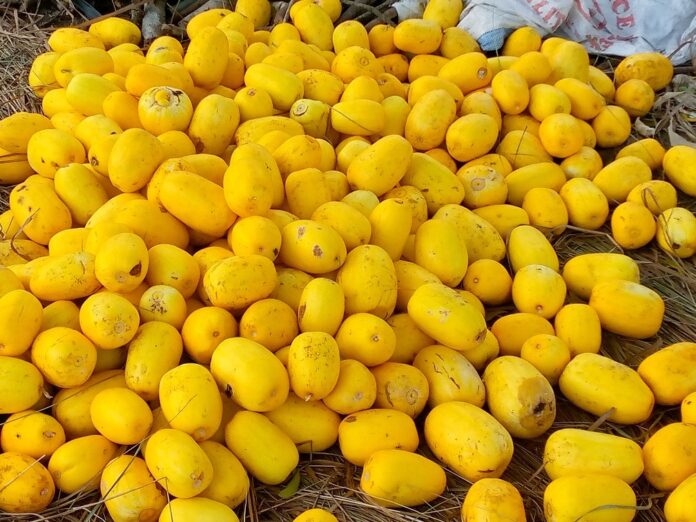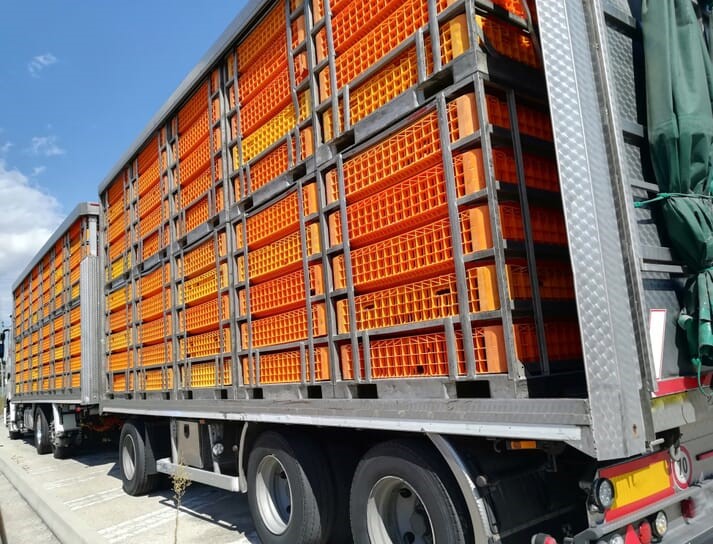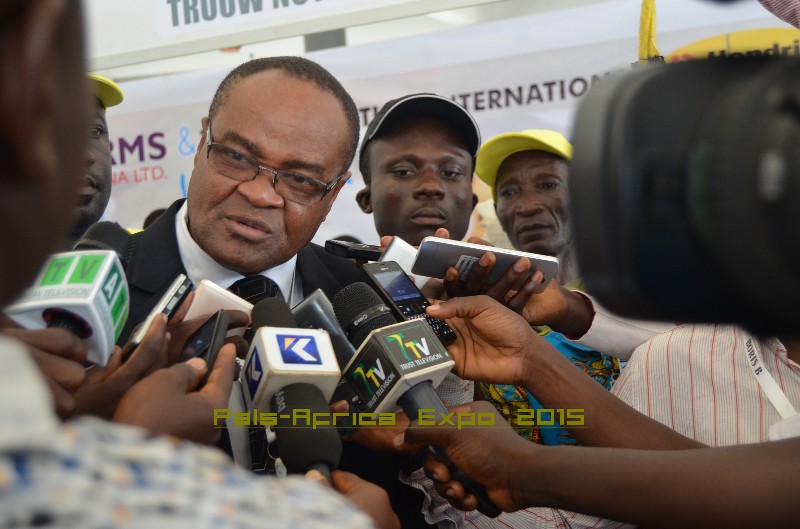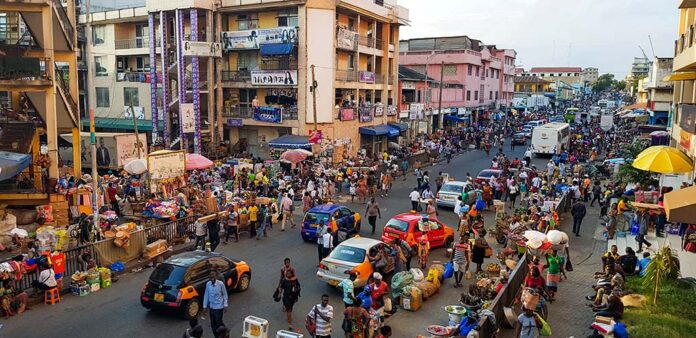
Farmers cultivating cucumis melon, also known as yellow melon, say a chunk of their produce is left to go waste because of the lack of market – a situation they say is adversely affecting their livelihood.
The farmers from the Northern, North East and Central Regions were hoping to cash-in on the bumper harvest of this year’s crop season – but had to face the lack of market. The situation, according to them, is affecting their investment into the production that serves as source of livelihood.
A visit to some farms at Tugu, Zakarayili, in the Northern Region; Nananom, Obidan and Suprudu in the Central Region; as well as Gambaga, Nalerigu and some communities in the North East, revealed a sad story as heaps of yellow melons are left to rot.
A farmer at Obidan, Nana Ekow Edu, in an interview with the B&FT blamed the situation on lack of knowledge about the product among people in the area. “I have been cultivating vegetables and fruit farming to feed my family for many years, and when the market is slow it affects my livelihood,” he said.
He added that one of the challenges for farmers is the lack of a ready market for their produce. As a result, he said, middlemen take advantage of their plight to purchase the products at low cost.
Another farmer, Zainabu from Tugu, said lack of transport makes it difficult to convey products to the market, and that this sometimes compel farmers to feed the melons to animals. They therefore urged government to initiate steps to attract investors in order to establish a yellow melon juice processing factory in the country.










 2020 has been one heck of a year. It was meant to be the beginning of a new decade with fresh optimism and hope of better things to come. But then it had its own plans and that plan was delivered in the shape of a global pandemic called COVID-19.
2020 has been one heck of a year. It was meant to be the beginning of a new decade with fresh optimism and hope of better things to come. But then it had its own plans and that plan was delivered in the shape of a global pandemic called COVID-19.